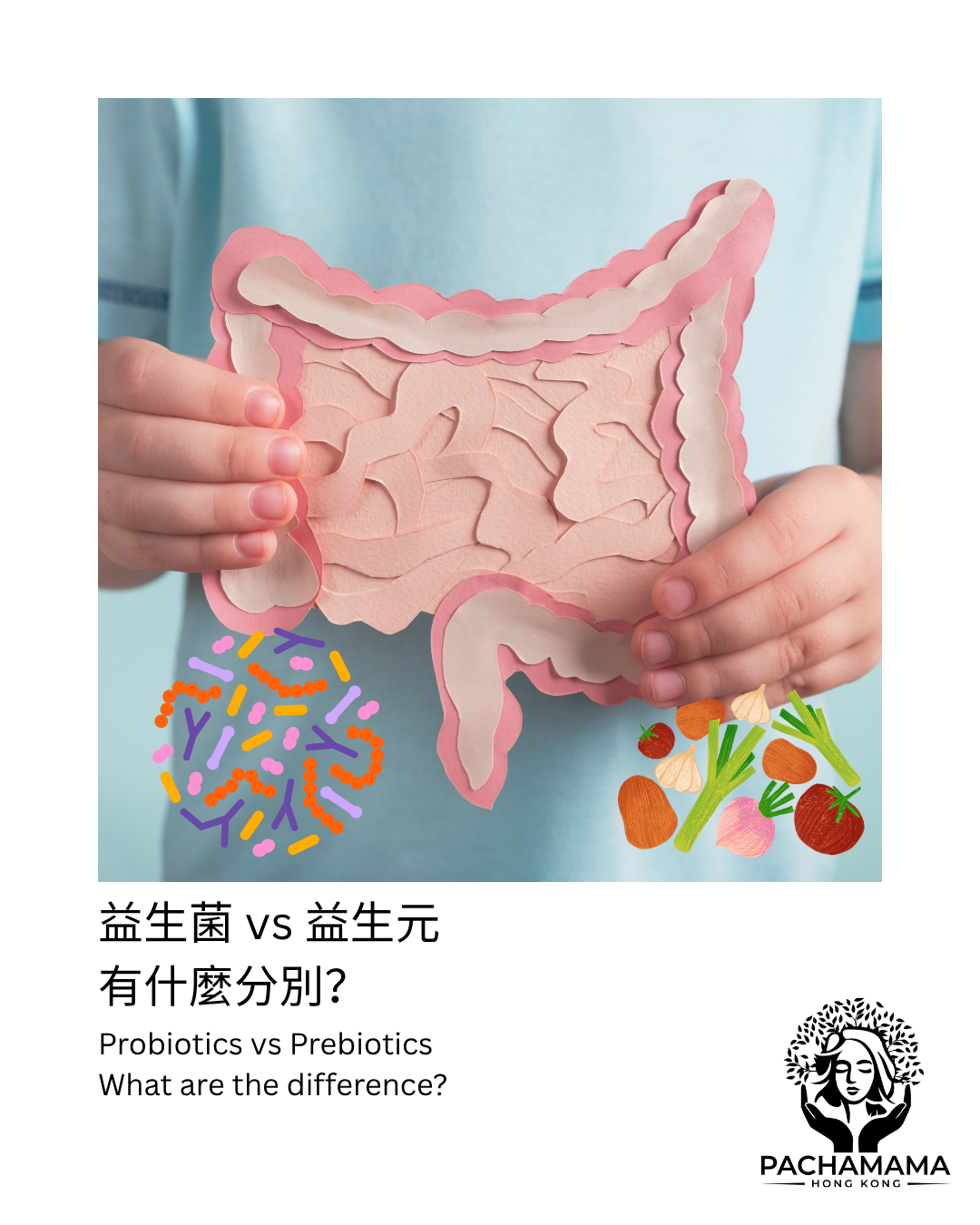So, what are probiotics? Simply put, they're live microorganisms, often bacteria, that provide health benefits when consumed in adequate amounts. They're the actual "good guys" that you want more of in your gut city. They help with digestion, nutrient absorption, and even support your immune system.
Here are 5 common food examples packed with probiotics:
- Yogurt: This is probably the most well-known. Look for labels that say "live and active cultures."
- Sauerkraut: German's fermented cabbage that's not only tasty but also a great source of probiotics.
- Kimchi: A spicy Korean fermented cabbage dish, also rich in probiotics.
Prebiotics: Food for the Good Guys
Now, if probiotics are the good citizens, then prebiotics are their favorite food! Prebiotics are types of dietary fiber that aren't digestible by your body but serve as fuel for the beneficial bacteria in your gut. They help these good guys grow and thrive, making your gut city even healthier.
Here are 5 food examples that are excellent sources of prebiotics:
- Garlic: Not just for flavor, garlic contains prebiotics that support gut health.
- Onions: Similar to garlic, onions are a great source of prebiotic fibers.
- Acai Berry: It is rich in fibre that improves bowel movement and a good source of prebiotic.
- Bananas: Especially slightly green bananas, contain resistant starch which acts as a prebiotic.
- Oats: A fantastic source of soluble fiber, including beta-glucan, which is a prebiotic.
What Happens When One Side is Lacking?
Imagine our gut city again. What happens if there aren't enough good citizens (probiotics) or not enough food for them (prebiotics)?
If Probiotics are Lacking:
When you don't have enough beneficial bacteria, your gut can become imbalanced. This can lead to a few issues:
- Digestive Troubles: You might experience more bloating, gas, or irregular bowel movements. The good bacteria help break down food, so without enough of them, digestion can suffer.
- Weakened Immunity: A significant portion of your immune system resides in your gut. Fewer good bacteria can mean your immune system isn't as robust, making you more susceptible to illness.
- Nutrient Absorption Issues: Probiotics play a role in helping your body absorb nutrients from food. A lack of them could mean you're not getting the most out of what you eat.
If Prebiotics are Lacking:
If your good bacteria don't have enough to eat, they can't multiply and thrive as effectively. This can lead to:
- Reduced Probiotic Population: Without their preferred food source, the beneficial bacteria in your gut might decrease in number, leading to similar issues as a direct lack of probiotics.
- Less Diverse Gut Microbiome: A healthy gut has a wide variety of different good bacteria. A lack of prebiotics can limit this diversity, which is important for overall gut health.
- Impact on Gut Barrier Function: Prebiotics contribute to the health of your gut lining. A compromised gut barrier can lead to various health problems.
The Takeaway
It's all about balance! To keep your gut city flourishing, you need both the good citizens (probiotics) and plenty of food for them (prebiotics). Incorporating a variety of these foods into your diet is a simple yet powerful way to support your digestive health, boost your immune system, and generally feel better.

